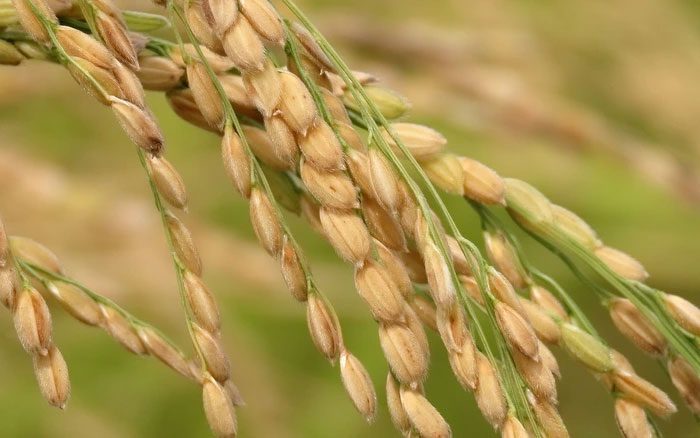“Microbiome” is the unique population of microorganisms found within and on every plant and animal species.

Scientists genetically modify rice plants to improve bacterial resistance.
Researchers have now genetically modified this microbiome in rice plants, enhancing their ability to resist pathogenic bacteria, thereby reducing the need for pesticides.
This new study from the University of Southampton (UK) and collaborators from China, Germany, and Austria is led by Professor Tomislav Cernava. The research was recently published in the journal Nature Communications.
According to Professor Tomislav Cernava, the researchers identified a gene in rice responsible for producing lignin (a type of biopolymer that forms the cell walls of plants). Scientists suspect that this gene also influences the structure of the rice microbiome, including Pseudomonadales.
Next, the researchers modified the gene to induce it to overproduce a specific metabolite during the lignin synthesis process. As predicted, the population of Pseudomonadales increased beyond normal levels.
When these genetically modified rice plants were then exposed to Xanthomonas oryzae—a harmful bacterium that causes leaf blight—they showed significantly higher resistance to the pathogen compared to the control group, which consisted of non-genetically modified rice.
“This breakthrough could reduce dependence on environmentally harmful pesticides and open up other opportunities to improve the microbiome for crops,” stated Professor Tomislav Cernava.




















































